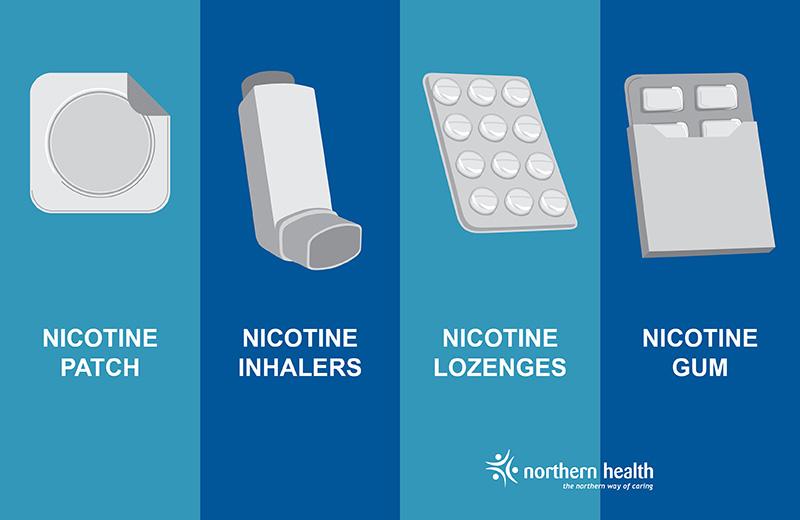National Non-Smoking Week takes place the third week of January each year and was established in 1977 by the Canadian Council for Tobacco Control. Canadians have been part of this event for several decades. It’s an opportunity to provide education to prevent youth from starting to use tobacco products, while helping current tobacco consumers to quit or limit their intake.
Many people use this week as motivation to quit. However, the best time to quit smoking or tobacco use is whenever you’re ready!
Facts about commercial tobacco use:
- Smoking is the leading cause of preventable disease and premature death in Canada.
- Tobacco use kills an estimated 45,000 Canadians each year.
- Second-hand smoke is a mix of smoke from a burning cigarette, pipe, or cigar, plus the smoke exhaled by the person smoking.
- Exposure to second-hand smoke kills more than 1,000 non-smokers every year.
- Children exposed to second-hand smoke are at increased risk of breathing problems.
There are many reasons why you should quit tobacco products. Even limiting the amount of tobacco products you consume can protect everyone from the dangers of second and third-hand smoke. If you or someone you know is interested in quitting or decreasing their tobacco use, encourage them to talk to their primary care provider (such as a doctor or nurse practitioner).
There are a number of cessation resources available!
- QuitNow offers free information, support, and counselling from trained professionals by phone, text, or email.
- BC Smoking Cessation Program provides anyone in BC access to 12 weeks of free nicotine replacement therapy (gum, patch, inhaler, and lozenges) per calendar year through their local pharmacy.
- First Nations Health Authority benefits program offers supplementary coverage for nicotine replacement therapy.
[Note: In this post, as in most public health messages, “tobacco use” refers to the use of commercial tobacco products like cigarettes and chewing tobacco as opposed to traditional uses of tobacco.]














Comments